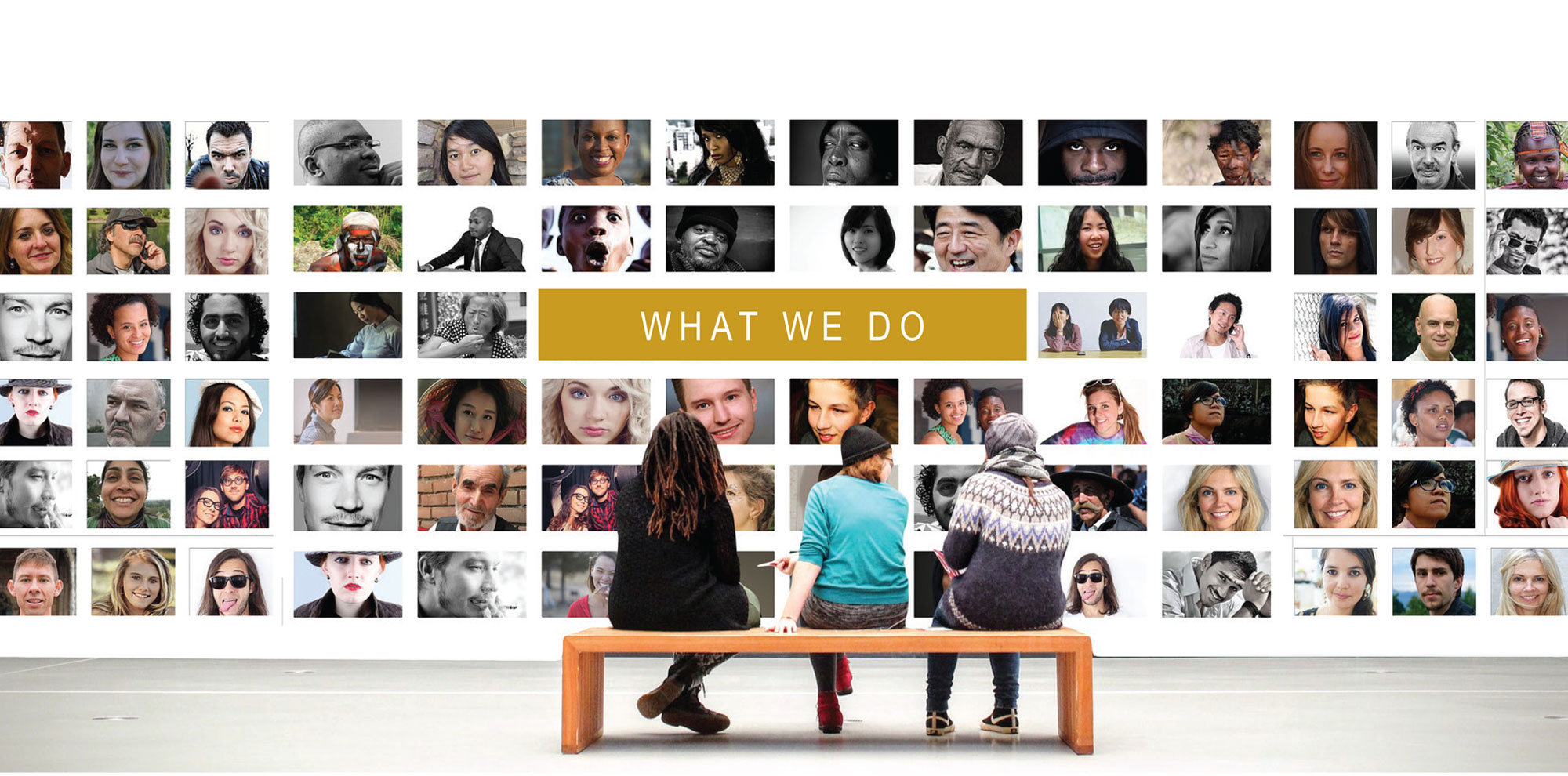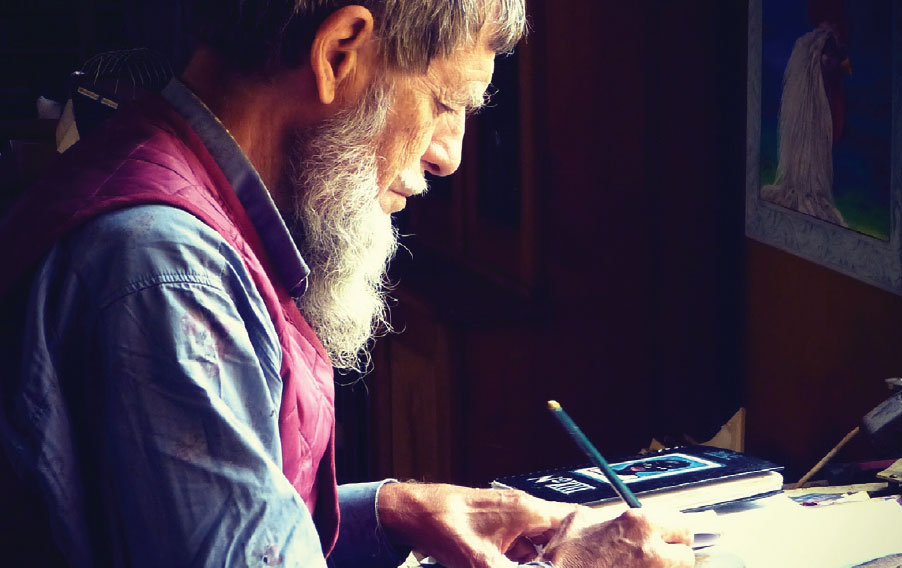We do anthropology
We do anthropology
Anthropology is the comparative study of human societies. As an academic discipline, it seeks a holistic understanding of what it means to be human.
Most people cannot necessarily say why they live their life in a particular way. As children, we learn to conform to the behaviour of those around us, which might make one person typically south Italian, for example, or typically north Chilean.
To explain these cultural differences, anthropologists often enter a population as outsiders: women studying men, academics studying farmers, a Romanian studying Italians.
We do not see culturally learned behaviour as natural, since we study the way social practices, such as the organisation of the family, vary in different societies.
We study all societies
All societies are interesting to contemporary anthropology. We see our methods and insights as relevant to industrial and urban societies as much as to small-scale rural societies the world over.
Empathy
Anthropologists try to understand people from the viewpoint of those being studied. We do not judge people’s opinions, rather we try and understand why they believe what they believe, and why they do what they do.
![]() To gain a better understanding of what it is that anthropologists do, take a look at the book Introducing Anthropology by Laura Pountney and Tomislav Maric.
To gain a better understanding of what it is that anthropologists do, take a look at the book Introducing Anthropology by Laura Pountney and Tomislav Maric.
What is ethnography?
Holistic contextualisation
The ideal of ethnography is to study the entirety of people’s lives: their work, family relations, religion and habits. Since people may experience these things simultaneously, our approach is holistic and true to how people live their lives.
Participant observation
Anthropologists don’t just ask people about what they do. We try to directly observe behaviour and participate in people’s lives – this methodology we call ‘participant observation’. For example, we might interact with people by helping with childcare, chatting on social media, or taking a job in a local shop.
Generalisations
We recognise that every person in each place is unique. At the same time, social categories exist, which means that men may differ from women, older people from younger, and so forth. So, we try to balance our analysis and generalisations with stories about individuals and families that speaks to their humanity.
Why we spent 16 months in each field site
1) To observe as many different aspects of people’s lives as possible. With enough repetition, the idea is that we have a sense of a typical range of behaviour.
2) To get to know a range of people of different ages, classes, genders, and other distinctions.
3) To know people well enough and gain their trust so that our evidence covers both private behaviour, such as WhatsApp conversations, as well as publicly-orientated behaviour.
Going Beyond Ethnography
Ethnography is vital to anthropology, but we also need to include things we cannot participate in directly, such as history, political economy and contextual factors that may impact upon people.
ASSA is a comparative project
Our project is based on ten simultaneous ethnographies across nine different countries. We are always aware of cultural differences and our need to explain why people in each field site behave the way they do.






